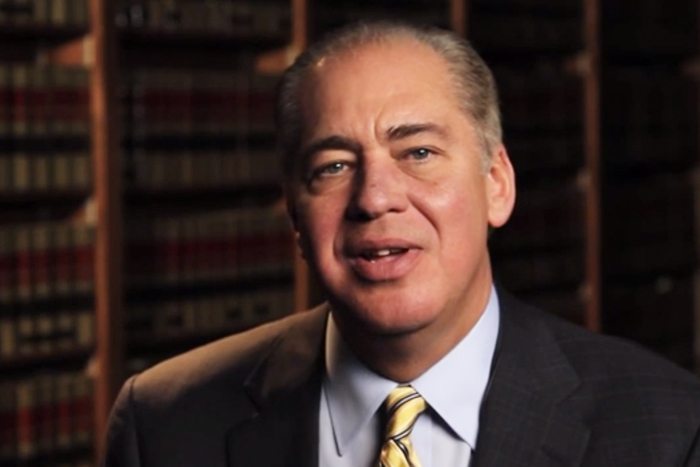West Virginia Governor Vetoes 20-Week Abortion Ban
Last Friday, Tomblin vetoed the bill, HB 4588, which resembles legislation passed and later blocked by courts in Arizona, Georgia, and Idaho.

West Virginia Gov. Earl Ray Tomblin has vetoed a bill that would have banned abortions after 20 weeks of pregnancy in the state.
Last Friday, Tomblin vetoed the bill, HB 4588, which resembles legislation passed and later blocked by courts in Arizona, Georgia, and Idaho.
“I have vetoed HB 4588 because I am advised, by not only attorneys from the legislature, but through my own legal team that this bill is unconstitutional,” Tomblin said in a statement announcing his decision.
While much of the coverage of the veto has focused on his statement that the law was clearly unconstitutional, the governor made two other points that evince a significant victory for reproductive health and rights advocates.
“The bill is also problematic because it unduly restricts the physician-patient relationship,” Tomblin said. “All patients, particularly expectant mothers, require the best, most unfettered medical judgment and advice from their physicians regarding treatment options.”
High-ranking doctors, including the chair of obstetrics and gynecology at West Virginia University as well as members of the American Congress of Obstetricians and Gynecologists and the West Virginia State Medical Association, went to West Virginia’s state house to lobby and testify against the proposed ban.
However, in keeping with a trend that is gaining pace around the United States, the legislators—including many Democrats—voted for the bill despite the doctors’ views.
By contrast, the governor decided to follow the advice of medical experts.
“The medical community has made it clear to me that the criminal penalties this bill imposes will impede that advice, and those options, to the detriment of the health and safety of expectant mothers,” he said.
Reproductive rights advocates welcomed the governor’s decision, calling the bill “dangerous.”
“We believe that these decisions should be made by a woman in consultation with her physician, not by legislators,” said Margaret Chapman Pomponio, executive director of WV FREE, in a press release. “The Governor made the right choice in vetoing this bill and we are heartened by his decision to place his trust in the women of West Virginia and the medical community.”

